What can young innovators and entrepreneurs bring to the healthcare scene?
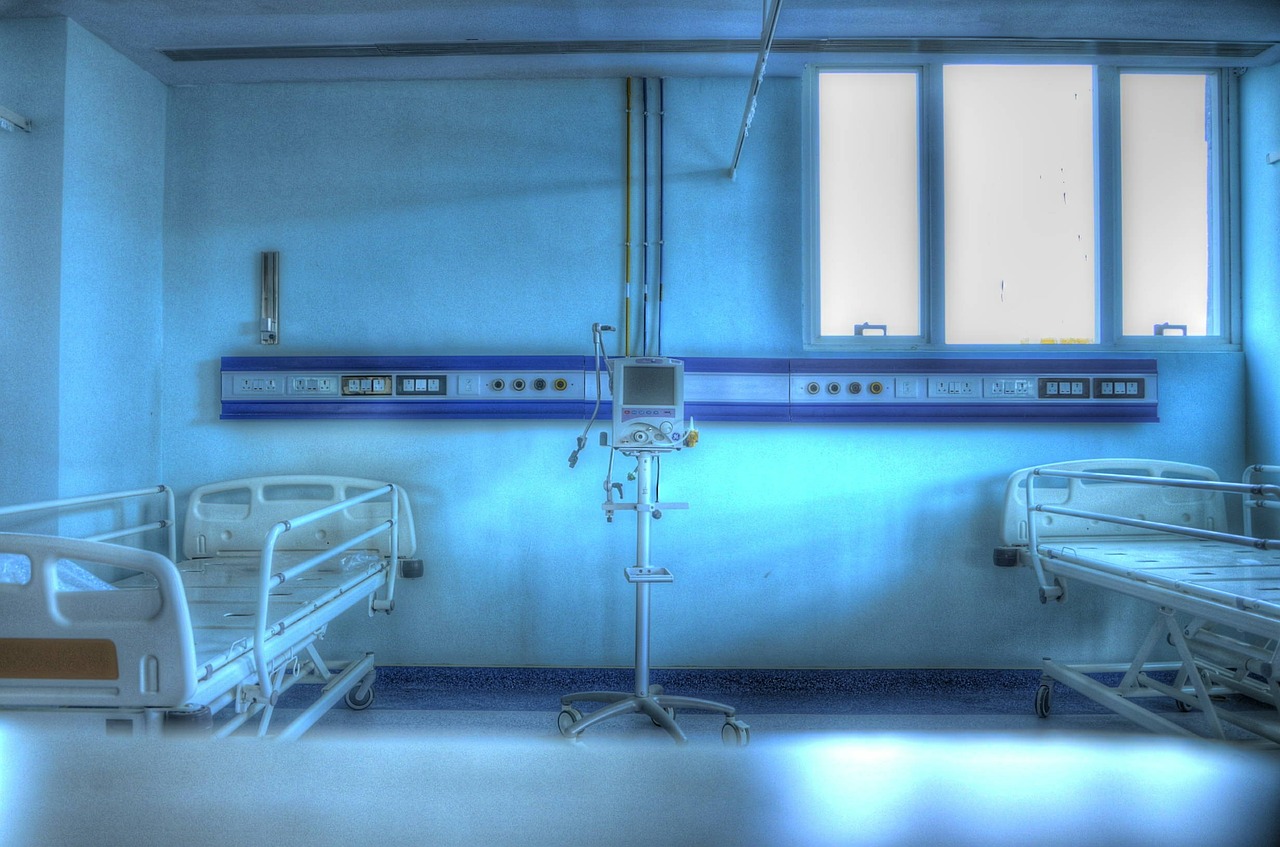
You have probably experienced all kinds of problems with the healthcare system through your lifetime. To name a few; Finding a good doctor around your neighbourhood, getting a proper emergency service. In addition to the fact that no hospital you ever visit seems to keep any of your medical records, that you have to carry a large folder of all your blood tests, prescriptions and radiology reports since you were in high school!.
Healthcare is still behind
Healthcare has definitely come a long way since the days of missionary doctors roaming villages helping those in need. But while the internet has revolutionized many industries, the healthcare sector has remained slow and late at catching up.
“Healthcare isn’t a science problem it’s an information problem”, said Thomas Goetz, author of "The Decision Tree: Taking Control of Your Health in the New Era of Personalized Medicine”. With more and more individuals registered in healthcare systems around the globe, keeping track of their records, managing insurance information, and networking them to healthcare providers are major challenges that the internet can do wonders for.
What can the internet do for healthcare?
Out of 7 billion people on the planet, 6 billion have mobile phones. Intel expects that a number of 200 billion devices will be connected to the internet by 2020.
“We need to make use of the fact that more and more people are adopting a digital lifestyle and there’s a growing population from developing countries getting access to mobile phones” Dr. Mona Ghassemian of King's College London explained in a recent talk about smart health.
Because of that, technological manufacturers and developers are focusing on using the internet to bring healthcare closer to the people, build electronic records and provide health monitoring applications on smartphones for a more health-aware population.
Where does the Middle East stand?
The Middle East faces many challenges when it comes to healthcare, including shortage of online information in Arabic, lack of doctors in certain areas and social taboos around some medical specialties.
Consecutively, many middle eastern entrepreneurs are now trying to find technological solutions to make healthcare more accessible.
For example, before you visit a doctor, you can find reliable Arabic medical content about your symptoms on websites like Altibbi and WebTeb. And if you need to find a doctor of a certain speciality near you, websites like Vezeeta and Ekshef are the places to go.
If you’re looking for a second opinion, AlemHealth and Clinical Fellows give you access to global medical professionals from multiple specialities for virtual informational and educational consultations, with greater ease and lower cost.
You can even order medicine online on websites like Agzakhana, that allow several local pharmacies to list their inventory for online customers.
How can Egyptian innovators and entrepreneurs take part in this?
When the EgyptInnovate team visited the 2015 Egyptian Engineering Day, we found that healthcare applications received a special interest within their program this year. The EED’s exhibition featured many projects involving medical applications of technology, but the following two stood out as they tackled two main problems facing healthcare in Egypt: Information management and scarcity of resources.
‘Rescupia’ (Named combining the words rescue and utopia) is a mobile application developed by a team of young Egyptian engineers from Helwan University. As explained to us by Ahmed Gaballah their team leader, the app automatically detects car accidents using smart phones built-in sensors and notifies the authorities as well as emergency contacts with the accident location together with the user's medical record. Rescupia went on to win the best project in software engineering.
‘Life saviour’ is another team from Helwan University team. They developed an android application through which users can register their medical history and blood type to be accessed later using their fingerprint in case of emergencies. The team has actually taken some serious steps towards marketing their app.
Change is inevitable
It simply appears that the internet is revolutionizing the way we approach life in general and healthcare in particular. It’s only a matter of time before the regional entrepreneurial scene catches up with its international counterparts. What do you think young innovators and entrepreneurs should do to become among the power-brokers in this field?




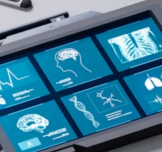
















































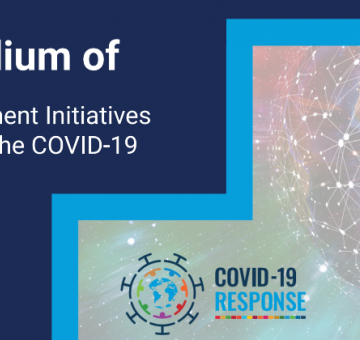

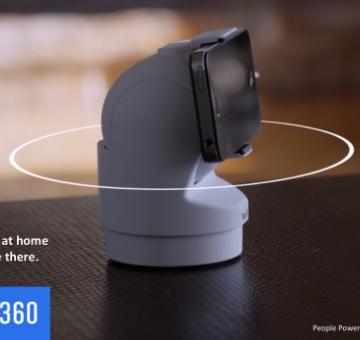









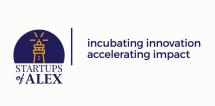
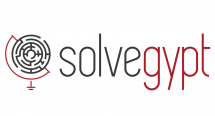

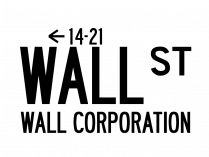
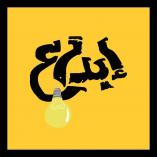
EgyptInnovate site is not responsible for the content of the comments